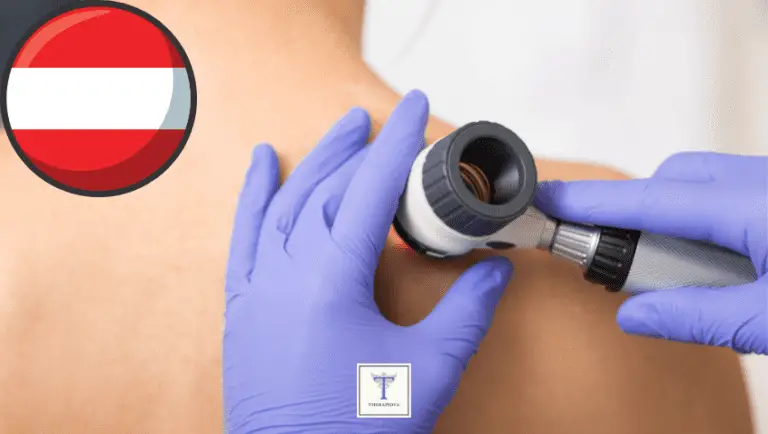Seeing a doctor in spain as a Tourist .. Your full guide 2023
Wondering about seeing a doctor in Spain as a tourist? Don’t let an unexpected illness put a damper on your vacation.
We’ll cover everything you need to know about how to access healthcare while in Spain, from finding a doctor to understanding the local healthcare system.

1. Educate Yourself
Primary care is the most common type of health care in Spain. It is provided by a network of public health centers and hospitals. Primary care is mainly about preventing illness, catching it early, and treating it right away. Spain also has a large network of hospitals and health centers with specialists who can provide more specialized care.
Spain has a comprehensive system of mental health care, which includes a wide range of support services and specialized clinics.
Mental health services are provided through public health centers, hospitals, and specialized mental health facilities. Mental health professionals are also available to provide counseling and other forms of support.
In addition to its comprehensive system of health care, Spain also has an extensive network of social services that provide assistance to those in need.
2. Making an Appointment
Once you have educated yourself about the healthcare system in Spain, it’s time to make an appointment to see a doctor. You can do this through your community’s service number or website, or by visiting the nearest Centro de Salud (Clinic in Spanish) in person.
If your hotel has a concierge service, they may also be able to call a doctor for you. You should also notify your health insurance company of your plans, as they may be able to provide additional services or coverage.
Remember that if you are not entitled to non-emergency treatment with an EHIC/GHIC, you may need to become officially resident in Spain in order to access primary health care by a general doctor.
If you do need to visit a doctor or hospital, be sure to bring a valid form of identification such as your passport and any relevant medical documentation.
3. Using Your Community Service Number
If you are a resident in Spain, you will be issued with a Community Service Number (Numero de Servicio Comunitario or NSC). This will allow you to access free health care within the Spanish system.
It is important to note that this only applies to those who are officially resident in Spain. If you are visiting from a non-EU territory, this will not apply to you and it is important to ensure you have adequate travel insurance before travelling.
4. Visiting The Nearest Centro De Salud
Once you have registered with a local health center and received your community service number, you can make an appointment to see a doctor. Visiting the nearest health center is the best way to get the care and treatment you need while in Spain.
Read Also: Best 100 hospitals in Spain
Most health centers are open from 8:39 am to 5:00 pm, Monday through Friday, although some may stay open late on certain days. When visiting the center, make sure to bring your ID, passport, and health insurance card if applicable. Additionally, be sure to bring your community service number as this will help speed up the process.
5. Asking Your Hotel To Call a Doctor
If you are staying in a hotel, you can ask the front desk to call a doctor for you. This is where an on-call doctor can assist you around the clock right in the comfort of your hotel room.
Make sure to bring your passport and other documents, such as your health insurance card, so that the doctor can easily access your information. Keep in mind that this service may incur additional fees depending on your hotel.
6. Notifying Your Health Insurance Company
Once you have seen a doctor in Spain, it’s important to notify your health insurance company. They may be able to cover the costs of any medical treatment you receive, so make sure you keep a record of any receipts or invoices.
You should also check if your health insurance covers medical care abroad before traveling, and if they do, make sure to have a valid European Health Insurance Card (EHIC) or Global Health Insurance Card (GHIC) with you. If you are becoming officially resident in Spain, you will need to take out a private health insurance policy.
7. Becoming Officially Resident In Spain
If you are planning to stay in Spain for longer period, it is important to apply for a long-term residence permit. This will enable you to access free medical treatment through the public health system.
This post is also available in: العربية (Arabic) Dansk (Danish) Nederlands (Dutch) Français (French) Deutsch (German) עברית (Hebrew) Italiano (Italian) Polski (Polish) Română (Romanian) Русский (Russian) Türkçe (Turkish) Български (Bulgarian) Ελληνικά (Greek) Magyar (Hungarian) Português (Portuguese (Portugal))







